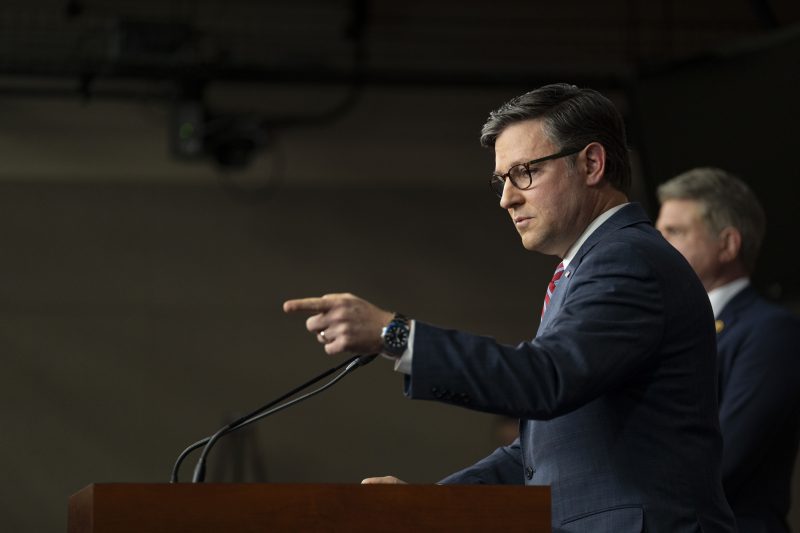House Republicans’ Struggles with Government Funding
The inability of House Republicans to secure the necessary funding to keep the government running smoothly has been a recurring issue in recent years. While the causes of this struggle are multilayered and complex, several key factors have contributed to the ongoing challenge faced by House Republicans in managing government funding.
Firstly, political gridlock and partisan bickering have often stood in the way of passing crucial funding bills in a timely manner. The deeply polarized political environment in Washington has made it increasingly difficult for lawmakers to find common ground on budgetary issues. This gridlock has hampered efforts to reach bipartisan agreements on spending priorities, leading to lengthy delays in passing appropriations bills.
Furthermore, the rise of ideological factions within the Republican Party has fragmented the caucus and made it harder to build consensus on budget matters. The influence of conservative and Tea Party-aligned members has often pushed the party towards more stringent spending cuts, while more moderate Republicans have sought to strike a balance between fiscal responsibility and necessary government spending. This internal division has complicated efforts to craft a unified approach to funding the government.
Moreover, external pressure from interest groups and lobbyists has further complicated the budgeting process for House Republicans. Special interests often lobby lawmakers to secure funding for specific programs or initiatives, creating additional obstacles to passing comprehensive spending bills. The proliferation of earmarks and pork-barrel spending has also stirred controversy and eroded public trust in the budgeting process.
In addition, the specter of government shutdowns looms large over the budget negotiations, adding a sense of urgency and brinkmanship to the process. The threat of a shutdown, while a powerful negotiating tool, can also backfire and lead to public backlash against the party perceived as responsible for the impasse. This constant game of political chicken has made it challenging for House Republicans to navigate the delicate balancing act required to keep the government funded.
Overall, the struggle of House Republicans to manage government funding reflects a broader trend of dysfunction and gridlock in Washington. Until lawmakers can set aside their partisan divisions, rein in special interests, and prioritize the public interest over political expediency, the challenges of funding the government will persist. Only through a concerted effort to work across the aisle and put the needs of the country first can House Republicans hope to overcome their budgetary woes and ensure the effective functioning of the government.



























